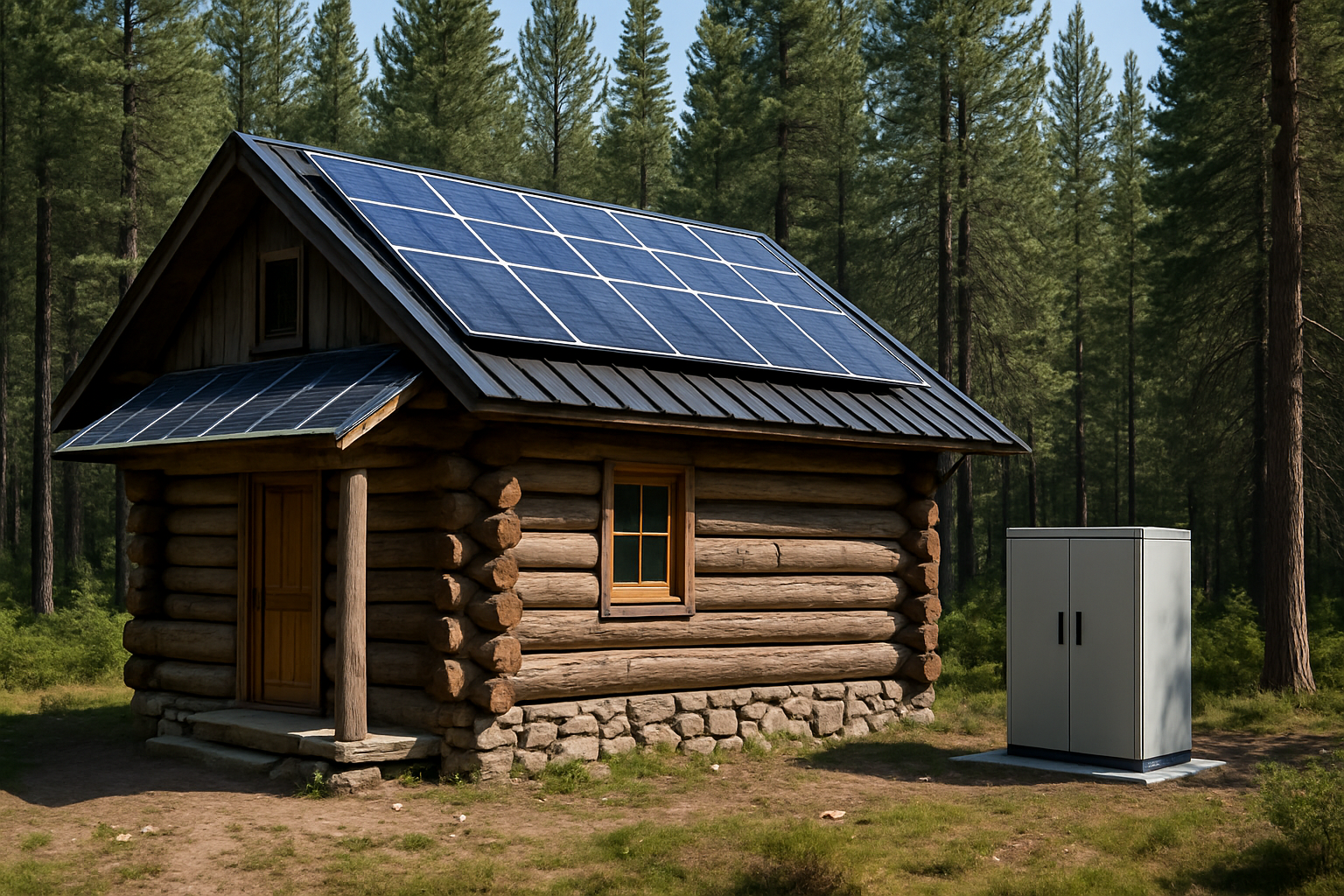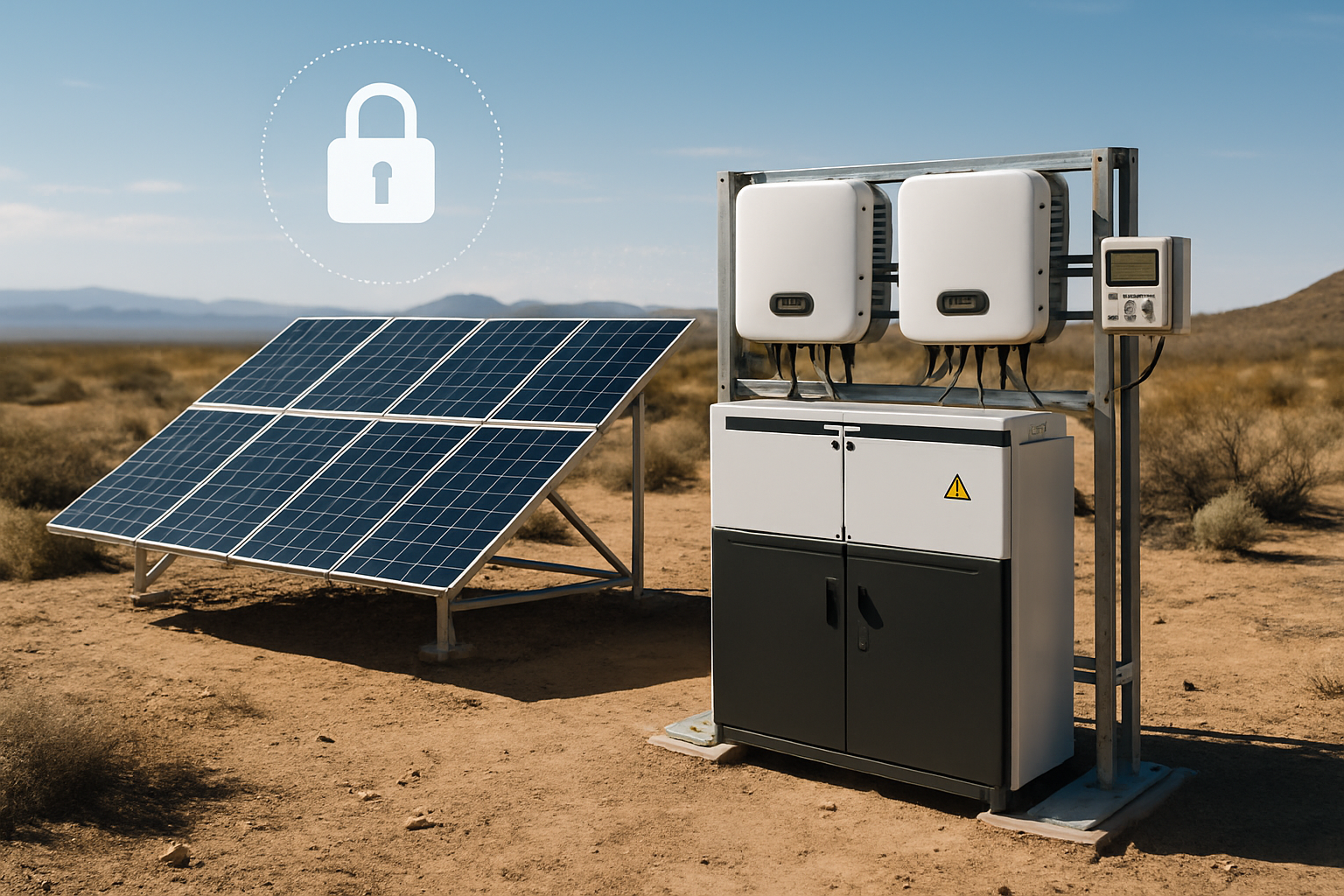When the lights go out, your family's safety depends on one critical decision: battery backup or generator? Both promise to restore power during outages, but they deliver protection in fundamentally different ways. Understanding these differences could mean the difference between peace of mind and potential danger.
Power outages affect millions of households annually, with the average American experiencing 8 hours of outages per year according to utility data. During these vulnerable moments, your backup power choice becomes your lifeline to essential services, medical equipment, and basic comfort.
Silent Protection vs Noisy Alerts
Battery backup systems operate in complete silence, providing power without announcing their presence to potential intruders. This stealth operation maintains your home's security profile during outages, preventing unwanted attention from those who might exploit vulnerable situations.
Generators, conversely, broadcast their operation through distinctive engine noise that can be heard blocks away. This audio signature alerts everyone within earshot that your home has power while neighbors remain in darkness. From a safety perspective, this creates a security vulnerability that many homeowners overlook.

The silence advantage extends beyond security. Battery systems eliminate noise pollution that can mask important sounds like breaking glass, footsteps, or emergency vehicle sirens. During extended outages, this auditory awareness becomes crucial for family safety.
Instant Response vs Startup Delays
Battery backup systems activate within milliseconds of detecting power loss, providing seamless protection for sensitive electronics and medical equipment. This instantaneous response prevents data loss, equipment damage, and dangerous interruptions to life-support devices.
Traditional generators require startup time ranging from 10-30 seconds for automatic units, or several minutes for manual systems. During these critical seconds, your home remains vulnerable. Medical equipment may shut down, security systems go offline, and refrigerated medications begin warming.
According to IRENA's Electricity Storage Valuation Framework, battery storage systems provide "black start capability, frequency and voltage control, and reserves" without the delays associated with conventional generation methods.
| Response Factor | Battery Backup | Generator |
|---|---|---|
| Activation Time | 10-20 milliseconds | 10-30 seconds |
| Power Quality | Clean sine wave | Variable quality |
| Equipment Protection | Seamless transition | Brief interruption |
Indoor Safety vs Outdoor Hazards
Battery backup systems install safely indoors, eliminating exposure to weather, theft, and tampering. Modern lithium iron phosphate (LiFePO4) batteries operate safely in basements, garages, or utility rooms without producing harmful emissions or requiring ventilation.
Generators must operate outdoors due to deadly carbon monoxide production. The CDC reports that portable generators cause approximately 85 deaths annually from carbon monoxide poisoning. Even properly positioned generators pose risks during severe weather when homeowners might be tempted to move them closer to the house.
Weather Independence
Battery systems remain unaffected by rain, snow, wind, or extreme temperatures that commonly disable generators during the storms that cause outages. Your backup power stays protected inside while generators struggle against the very conditions that knocked out grid power.
Fuel Security
Battery backup eliminates fuel-related safety concerns entirely. No gasoline storage, no propane leaks, no fuel degradation, and no midnight trips to gas stations during emergencies. The IEA's Renewable Energy for Industry report highlights how battery systems reduce "dependency on price-volatile imported fuels" while improving "energy independence."
Long-term Reliability Comparison
Battery backup systems require minimal maintenance beyond occasional software updates and battery health monitoring. Quality lithium systems provide 6,000-10,000 charge cycles with 80% capacity retention, translating to 15-20 years of reliable service.
Generators demand regular maintenance including oil changes, filter replacements, fuel system cleaning, and periodic exercise runs. Failure to maintain these systems often results in breakdown during critical moments when you need power most.
Scalability and Future-Proofing
Battery systems offer modular expansion as your power needs grow. Add capacity incrementally without replacing your entire system. Integration with solar panels creates a comprehensive energy independence solution that reduces long-term costs.
Generator capacity remains fixed at installation. Upgrading requires complete system replacement, making it difficult to adapt to changing power requirements or take advantage of renewable energy opportunities.
Making the Right Safety Choice
Your family's safety depends on reliable, immediate, and secure backup power. Battery backup systems deliver superior protection through silent operation, instant activation, indoor safety, weather independence, and maintenance-free reliability.
While generators may offer longer runtime for extended outages, battery systems paired with solar charging provide sustainable power without the safety compromises inherent in fuel-based generation. For most households, the safety advantages of battery backup far outweigh the runtime limitations.
Consider your specific needs: medical equipment requirements, security concerns, local climate challenges, and long-term energy goals. The investment in battery backup technology pays dividends in safety, reliability, and peace of mind that no generator can match.
Your family deserves backup power that protects without creating new risks. Battery backup systems deliver that protection through proven technology that keeps you safe, secure, and connected when it matters most.





Leave a comment
All comments are moderated before being published.
This site is protected by hCaptcha and the hCaptcha Privacy Policy and Terms of Service apply.